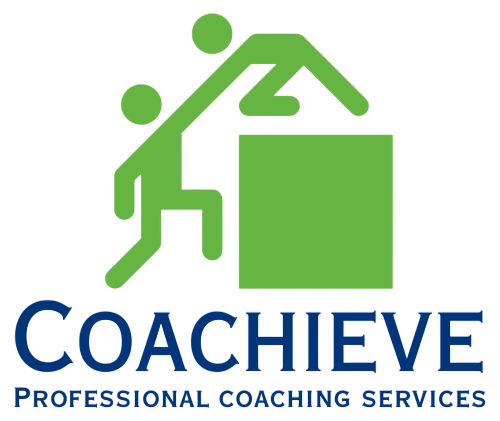Coaching and mentoring.
How do coaches and mentors work?
The terms coaching and mentoring are often used interchangeably but they are NOT the same thing.
In a nutshell - coaching is non-directive and mentoring is directive.
Coaching
As a coach, I work with a wide range of clients exploring many different personal and professional issues. Some of the most common themes which recur are:
- being stuck in a rut and wanting to change your life or lifestyle
- wanting a different (better)? work life balance
- wanting to develop interpersonal or organisational skills
- wanting to improve own performance or a team's performance at work
- changing circumstances e.g. changing career or employment or if you are returning to work after a break from employment
- needing help thinking about how to progress your career
Coaches use a range of tools and techniques to help clients to delve into their current situation and any underlying issues, they can then help clients to explore their options and identify ways to move forward.
Coaches are non-directive, meaning they don't usually offer advice, opinions and strategies, their role is to help you come up with your own solutions which are right for you. Often a client will ask "what do you think"? However, it's not the coach's role to have an opinion; what they think doesn't matter - what is important is what you, as the client, think.
How is this different from mentoring?
Many people have experience of mentoring through their employer. Mentors are experienced or skilled people who can support colleagues giving advice and guidance. This is unlike coaching because the mentor is directive - suggesting strategies which the mentee can try out followed by a discussion around what went well and how things could be better.
Mentoring takes place when a person with specific industry experience shares their knowledge to guide and help someone in setting goals to improve their situation or achieve their objectives. As my background is in education (for over 30 years), I mentor other education professionals as that is where my experience lies.
You can find out more about coaching by watching this video: What is coaching?
What does the process involve?

Stage 1:
Fee-free discovery chat
This is a short no-commitment conversation so you can ask any questions, see who I am and decide of coaching is right for you.
We can also think about whether we are suited and likely to work well together.
The discovery chat usually takes around 30 minutes.

Stage 2:
Contracting & coaching
The most effective coaching takes place over several conversations, with 4-6 sessions being the most common duration.
This allows me time to get to know you as an individual and for you to make progress which we can build upon in subsequent sessions.
The first session is a bit longer so there is time to discuss how you prefer to work, how formal or informal you want the sessions to be, what level of challenge you are looking for and what you hope to achieve.

Stage 3:
Setting and achieving your goals
As we move through the sessions you will develop your thoughts around your goals and aspirations thinking about what you want to happen.
We will form an action plan in each session where you identify specific areas to work on before the next session, when we will start by reviewing your progress.
We will explore what you want to achieve, what is holding you back and how you might be able to overcome any obstacles.
